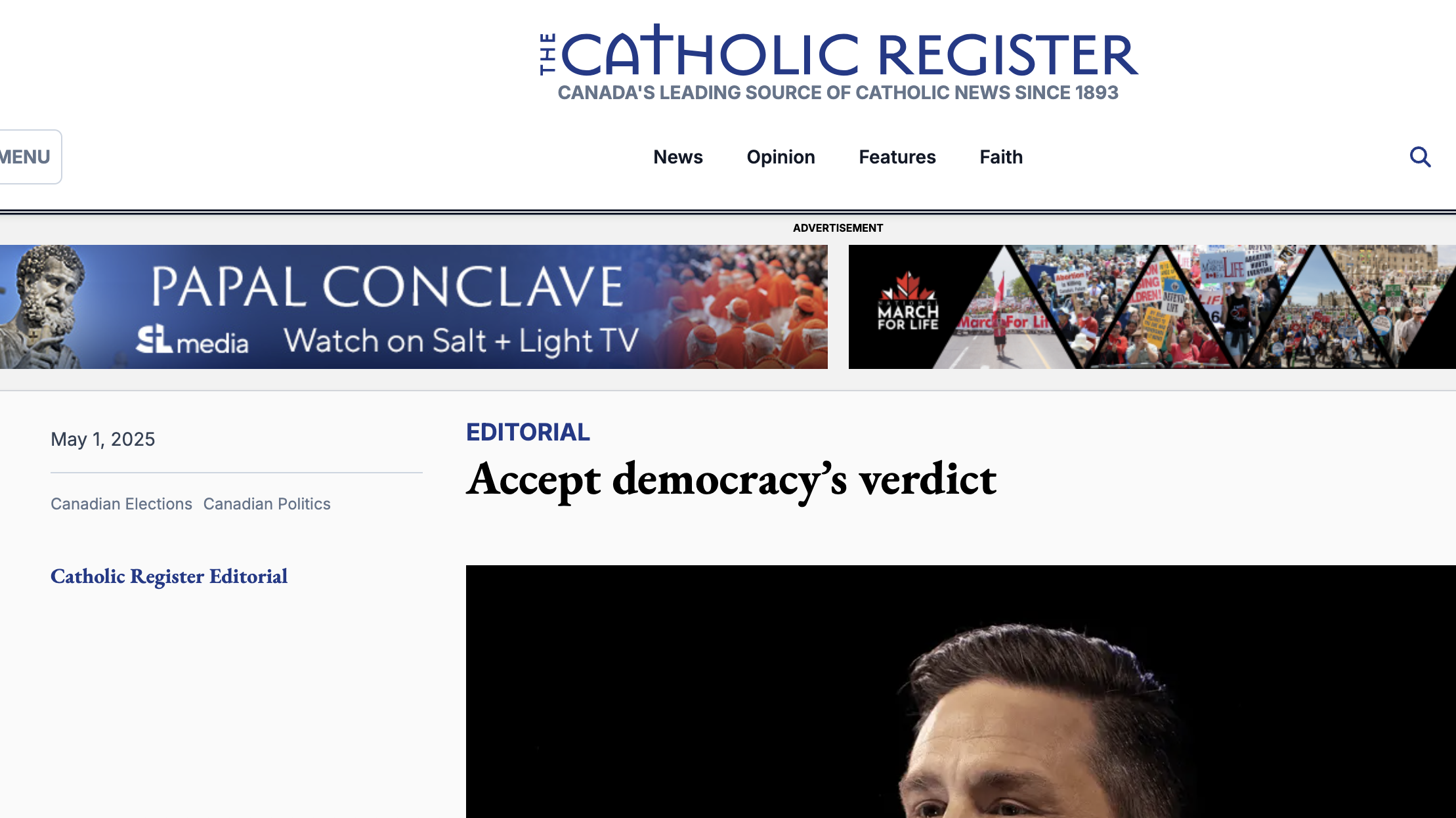Even more publicly visible than Duranty, but not as often equated with ‘useful idiocy’ is George Bernard Shaw – yes, the man honoured by a festival every year at Niagara-on-the-Lake in Canada, the man who has enjoyed critical acclaim for nearly a century. He was a founding member of the Fabian Society, a British socialist movement promoting a ‘progressive’ socialist ideology. Shaw had visited the Soviet Union. He was aware of the appalling and brutal suppression of basic rights. Yet he was an unabashed supporter of Stalin, Hitler and Mussolini. He idolized ‘men of iron nerve and fanatical conviction’. (One is reminded of a current leader who has often admired similar styles of governing.) In a trip to Russia in 1931, Shaw callously hurt victims of Soviet crimes by praising forced labour, joking about torture and genocide, and rejecting any famine in Ukraine. “I have seen all the ‘terrors’ and I was terribly pleased by them,” he flippantly said at his 75th birthday party in Moscow. Unlike many who were initially mesmerized by the Bolshevik revolution but became committed to fighting any form of totalitarianism after witnessing its organized brutality. Shaw remained a stalwart champion of the Soviet Union to the end. Useful idiot par excellence.
For those few described above and untold others, Soviet Russia and the current regime remain perennially fascinating. It’s argued that Putin boosters and apologists are driven more by a disdain or contempt for their own societies than anything positive they see in the Russian regime.
One can view the useful idiot notion from a different perspective. Fast forwarding from the useful idiots of over 90 years ago, the Kremlin-funded international broadcasting network RT (Russia Today) is an excellent example of the clever recruitment of Western useful idiots who help promulgate, directly or indirectly, a pro-Putin agenda. It’s all conducted under the guise of ‘free speech’ and ‘alternative journalism’ that RT claims is counteracting the alleged bias of mainstream media.
RT’s approach is straight forward: invite mainly Western, publicly visible people of influence for interviews on various programs. The individuals may be unaware of RT’s political agenda or they explicitly support it. A European study concludes that over 2300 of these people have taken the bait, some numerous times. The include politicians, military leaders, writers, journalists, commentators, academics, entertainment personalities, professional athletes, media celebrities etc., all highly recognizable and considered credible.
They represent a wide spectrum of political views. Many of us in the West believe that Russian propaganda has to be blunt. But that would not be convincing even with a most naïve audience. However if you mix in some op[inions that obviously counter Moscow’s stance, Russian propaganda can work.
The Westerners that lend their authority, who participate in RT’s charade validate Moscow’s propaganda. They are a valuable cog in Russia’s disinformation machine. They peddle their good name in helping to embolden an authoritarian regime.
An upcoming segment will explore the question of conspiracy theorists being possible agents of influence and/or willing useful idiots.
Laas Leivat, Toronto



